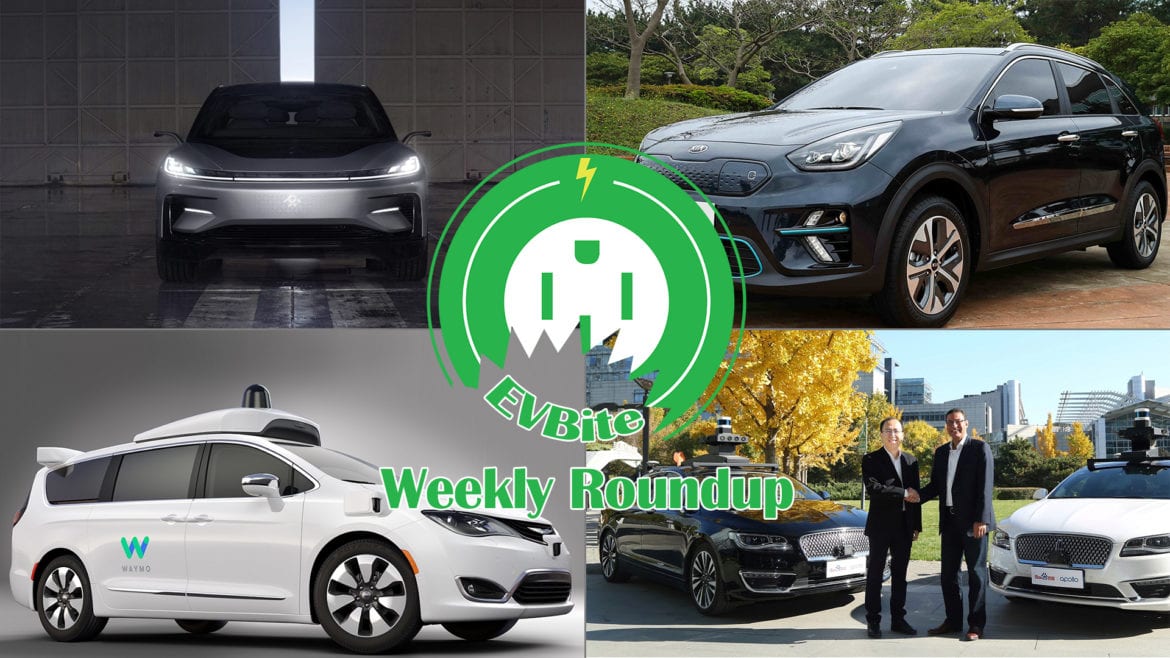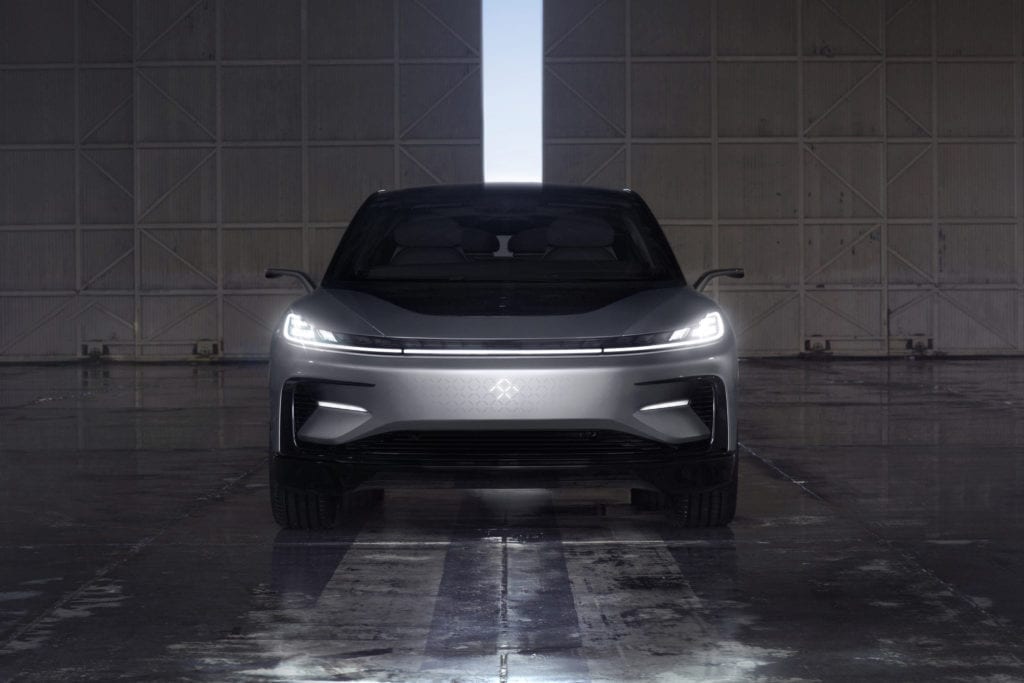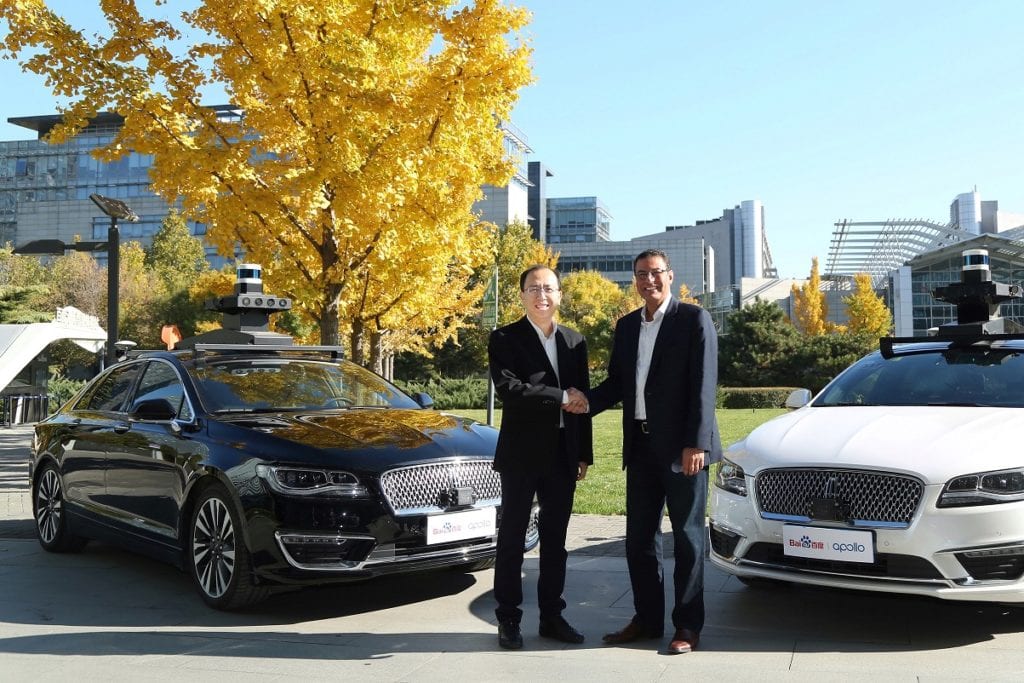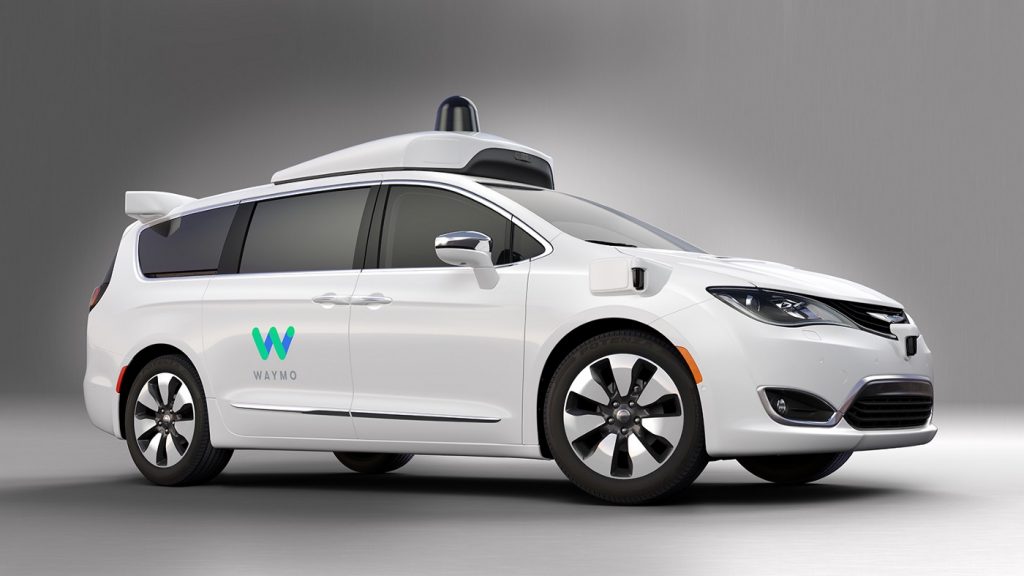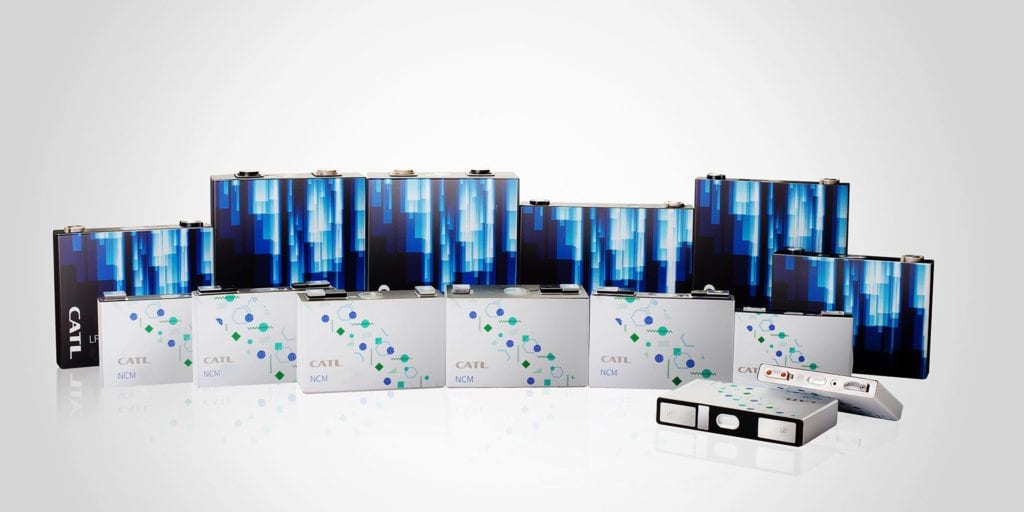Happy November and welcome to another addition of our weekly round up, where we recount the EV news that we didn’t write about. As always if you are looking for Tesla news that is now in a separate post. This week has been more calm than the previous ones. Except for Farday Future, Faraday Future is absolutely imploding on themselves as we speak. But before that, lets review on some of the EV news we wrote about this week for those who have missed them.
- RHODE ISLAND PURCHASES ELECTRIC BUSES WITH VOLKSWAGEN FUNDING
- CHEVY UNVEILS NEW ELECTRIC ECOPO CONCEPT
- DAIMLER CEO DOESN’T RULE OUT FUTURE COOPERATION WITH TESLA
- HYUNDAI AND KIA UNVEIL NEW SOLAR PANEL CAR ROOF TECHNOLOGY
- VW AND FORD TO PARTNER ON AUTONOMOUS VEHICLE TECHNOLOGY
- BMW PREPARES ELECTRIC CAR BATTERY FACTORY FOR UPCOMING EVS
Hope you guys have a great day, here’s the EV news we missed:
Basically Everyone Left Faraday Future
The mess at Faraday Future just continues with no end at sight. What once looked like a very ambitious car company who had overcome its financial issues, is honestly looking like it is coming to an end. There was a high spot in late August with completion of the pre-production FF91, but that momentum was quickly shattered. In the span of this one week, three major executives from the company have departed. First off was Peter Savagian who spent 18 years at GM and was the chief engineer of the EV1, quite possibly THE electric car. Savagian was described as “The backbone of the Company” and “That was THE guy” by anonymous employees. Next up was Nick Sampson who was one of the founding members of the company and gave perhaps the most sobering outlook on the company:
“The company is effectively insolvent in both its financial and personnel assets, it will at best will [sic] limp along for the foreseeable future. I feel that my role in Faraday Future is no long [sic] a path that I can follow, so I will leave the company, effective immediately,”
“I cannot continue knowing the devestating [sic] impact we are having on the lives of our employees, their families and loved ones as we as the [sic] ripple effect this will have on lives throughout our suppliers and the industry as a whole.”
Lastly Dag Reckhorn, senior vice president of global manufacturing, and who previously had oversaw the manufacture of the Tesla Model S, had departed. In an email he had written “I am heartbroken to have to let you know, that I will leave FF effective today,”. To say that the events of Faraday Future have been a mess is an understatement. I remained hopeful that even if Faraday Future wouldn’t present the car that they promised, that they would at least present something. But with employees leaving or being paid weak wages and key executives leaving, I do not know what CEO Jia Yeuting will do.
Read More Via: The Verge
Pricing for Kia Niro EV in Norway Revealed
EV Youtuber Bjorn Nyland has recently released a video detailing the price of Kia Niro EV (or e-Niro as it’s known in Europe). The price is 377,000 NOK (~$45,015) which might be disappointing to some as it is roughly 12.5% more expensive than the Hyundai Kona EV at 335,000 NOK (~$40,000). It’s important to note that the two models share the same 64 kWh battery. So the difference in price must be in the bigger size of the Niro EV or certain equipment being standard. What is even more worrying than the price, is the number of Niro EVs that Kia is projecting to ship out to Norway. Let’s remember that Norway LOVES EVs. In a presentation that Nyland was given by Kia, Kia writes that they are expecting 2000 Niro EVs coming to Norway for the whole year of 2019. Norway in September alone registered 4,810 battery electric cars. These numbers are obviously subject to change, maybe Kia wants to remain conservative with their all new electric offerings. But if these numbers are true, it seems to be a waste to put in all that time and money into building these cars which genuinely look good, and to make so few of them.
Ford and Volvo Join Forces with Baidu to Develop Autonomous Tech
Baidu, the largest search engine in China, has been making real headway with it’s Apollo self-driving platform. For those that do not know, Baidu had released an open-source autonomous driving platform that will hopefully save time for companies not having to develop their own from scratch. While Baidu provides the software, it looks to others for the actual chips, sensors, and other hardware required. Just one look at the list of partners lets you know that this is the real deal. Recently added onto that list were Ford and Volvo mere days from one another. Ford seems to be in the cooperation to further develop the necessary sensors and improve on the software to be able to achieve level 4 autonomy in 2 years.
The Baidu-Ford L4 Autonomous Vehicle Test Project is a two-year initiative, with on-road testing slated to begin by the end of this year. The project will see Ford and Baidu cooperating to develop and test autonomous vehicles that are designed to meet the Level 4 (L4) driving automation standard as defined by SAE International. This means that upon completion of the development and testing process, the vehicles will be capable of operating autonomously within a specific geographic area and under certain weather conditions.
However with the Volvo partnership, it appears as though rather than working on the system exclusively, the two will develop autonomous cars based on the platform.
Based on the collaboration agreement, Baidu will contribute with its Apollo autonomous driving platform. Volvo will provide access to its expertise and advanced technologies of the car industry.
So we have two more partnerships, albeit with slightly different goals. But regardless, the Apollo platform is gaining some serious traction from automakers and might become a real threat to the likes of Tesla, Waymo, and Cruise.
Not wanting to miss out on the fun, VW has also decided to join in on the action.
Read The Press Releases Ford, Volvo
Waymo Can Now Test Driver-less Cars on Public Roads in California
Speaking of Waymo, they are making some headway in their systems as well. They reached a new milestone after being the first company granted a permit by the California DMV to have driver-less cars on public roads. And when I mean driver-less, I do not mean it as a synonym for autonomous, I mean there is literally no driver in the car. After having 10 million miles of autonomous data on public roads, Waymo feels confident enough to have driver-less cars within a very defined limit. The area currently includes parts of Mountain View, Sunnyvale, Los Altos, Los Altos Hills, and Palo Alto. When Waymo will wish to expand their area, they will have to once again get permission from the DMW. The permit includes day and night testing on city streets, rural roads and highways with posted speed limits of up to 65 miles per hour. Let’s hope that Waymo’s system is up to par, because even one incident could put up a huge roadblock on the road to autonomy.
Read More via Medium
CATL Was Responsible for 40% of Chinese Battery Production this Year
If you have been reading about EV’s for awhile, you have no doubt seen the name Contemporary Amperex Technology Limited (CATL) before. It is currently one of the largest battery producers in the world. They have partnerships with the likes of BMW, Daimler, Honda, Nissan/Renault, the list goes on. But how dominant is CATL in the Chinese market? For the first 9 months there was a total of 28.87 GWh of battery production, 11.7 GWh was from CATL, accounting for 40% of the market. If CATL already isn’t, it is surely on its way to being in the same league as Panasonic, LG Chem, and Samsung SDI as the leaders in EV batteries.
Read More via Gasgoo
